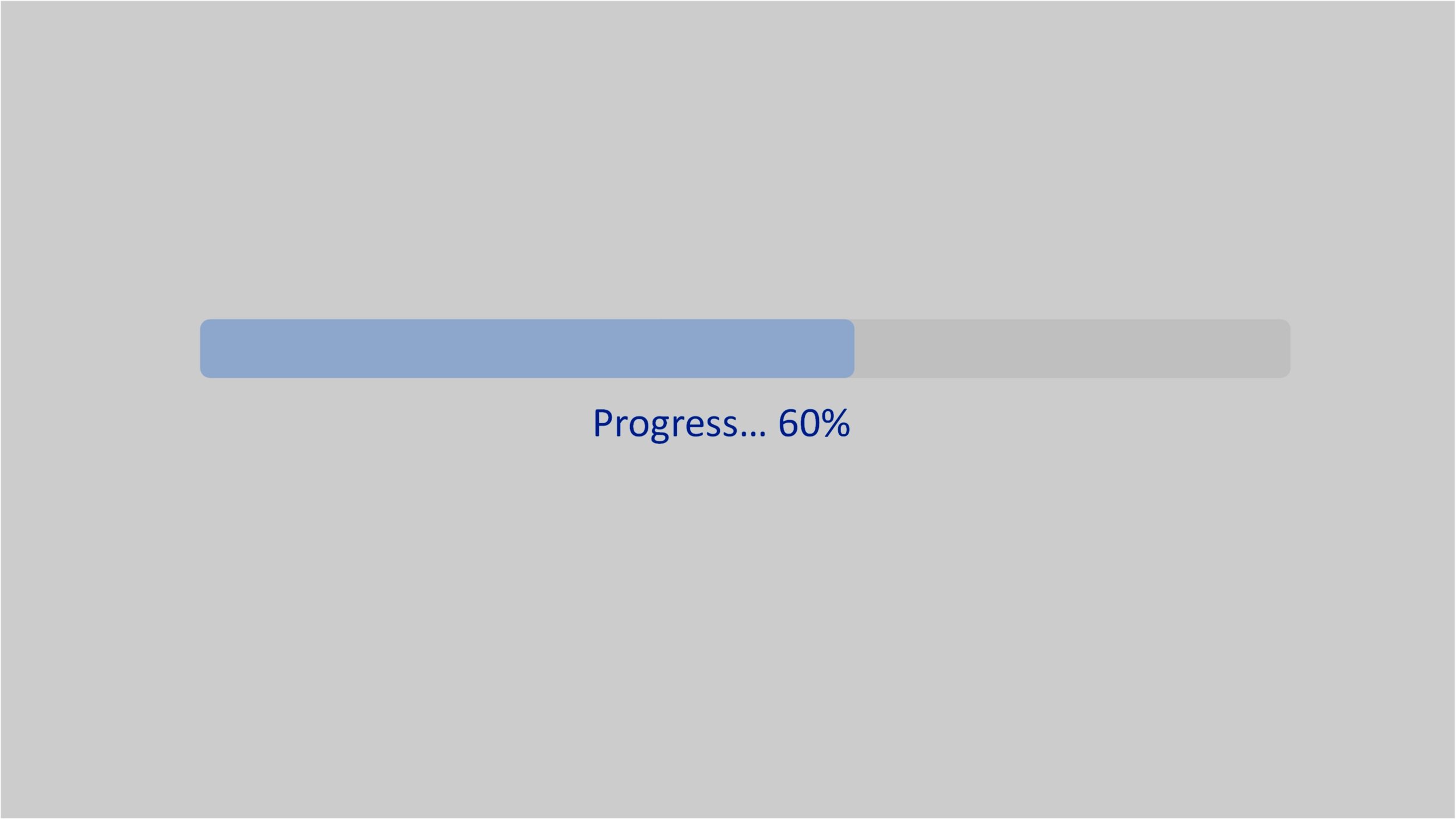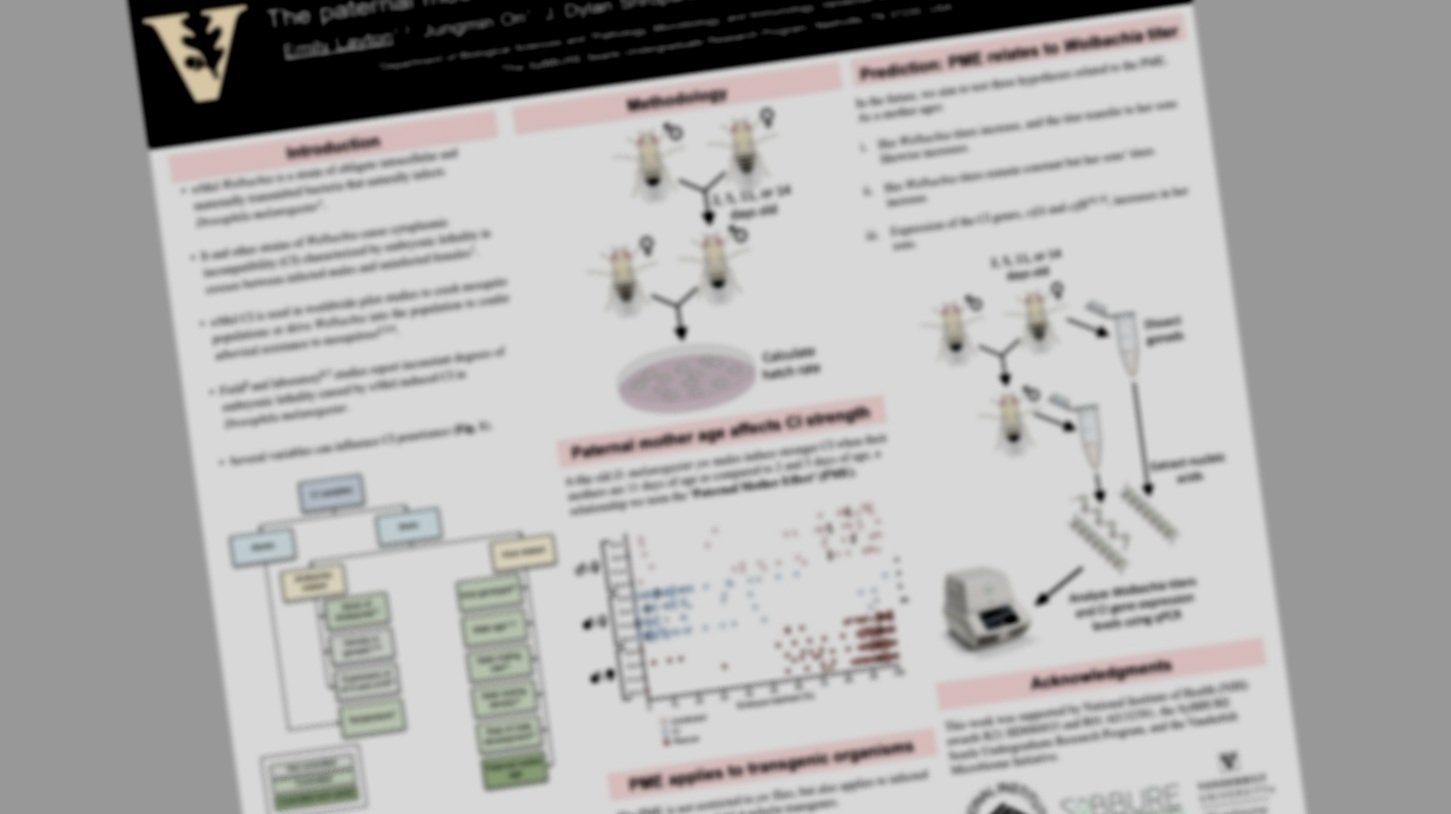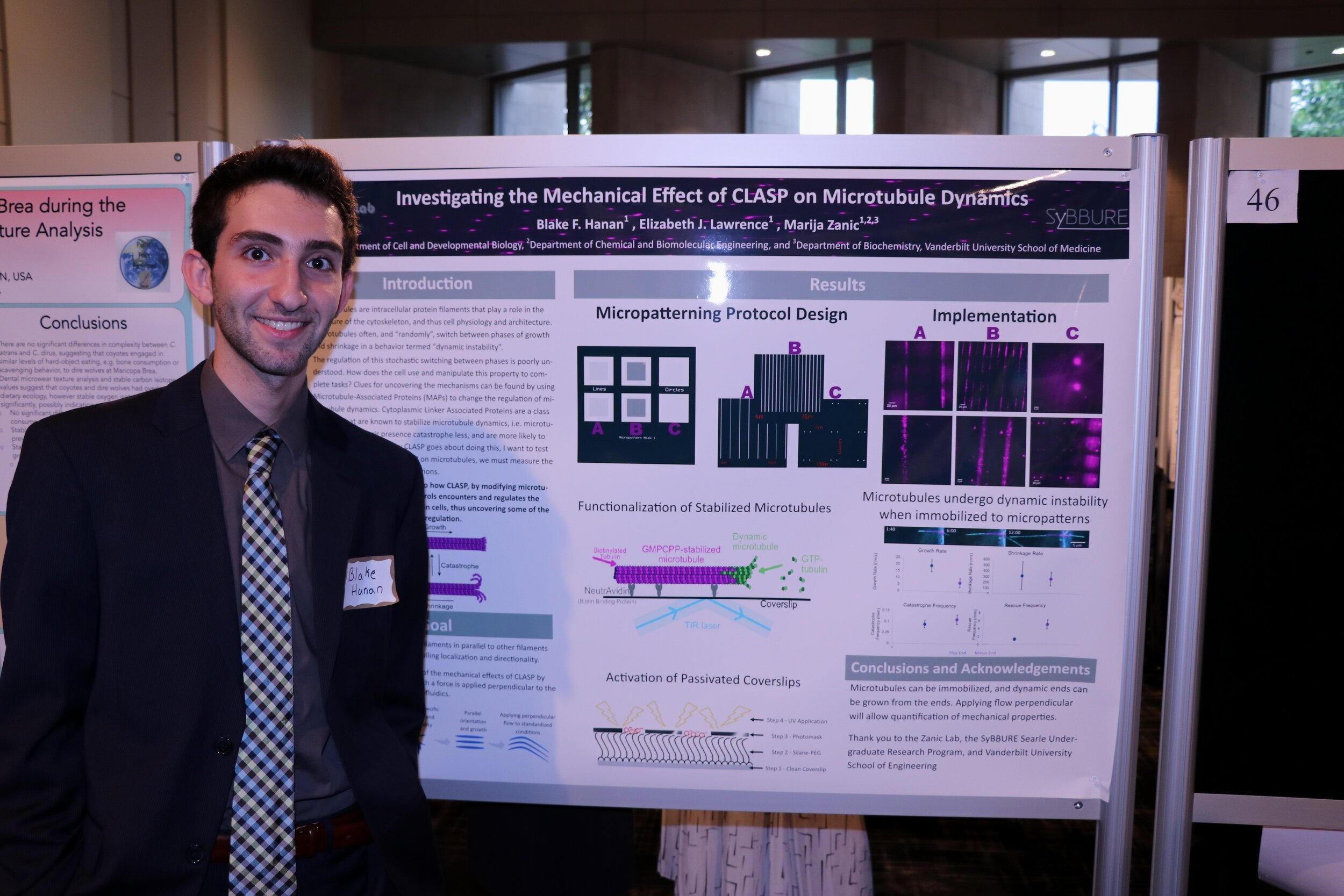Progress Updates

Giving Progress Updates
A large part of scientific communication involves progress updates between you and your mentors, whether they be within your research lab, your PI or your graduate student/post-doc. These typically will occur weekly (sometimes less frequently depending on your lab dynamics) and may take on many different forms. Some labs have weekly lab meetings where only one individual presents their research. Some labs have additional 1 on 1 or group meetings to discuss progress from individuals or specific research projects. Some labs may only have verbal progress updates. In any case, it is important to practice your scientific communication skills in this setting, as it is unique from the other kinds of presentations you may be giving at conferences or in more formal settings.
Some important differences pertaining to progress updates include the following:
These should be more casual. These meetings are meant to examine your progress, but are mostly there to provide a space for you to get feedback/have questions answered.
Don’t be afraid to show EVERYTHING. This is a problem we see a lot. Many undergraduate students only want to show pristine data figures in progress updates, which normally means they end up not showing anything at all when something goes wrong. It is important to include shortcomings; data that is in progress but not necessarily completed, or interesting preliminary findings. In a conference presentation you will likely not show this, but it is important to discuss these topics now, to gain insight from others within your lab and to help keep you on the right track. Additionally, this will demonstrate to your advisors that you are putting in the work, despite the shortcomings you have encountered.
Know your audience. You will likely be presenting to your lab who likely have a strong background in your subject. Be selective on what you do and don’t address in terms of background.
So, you may be asking, “I need to have enough research completed to prepare a progress update EVERY WEEK??”. This definitely depends on your lab and research organization, but it is likely you will be presenting on your progress on a regular basis in some capacity. Fret not, remember a progress update is distinct from a research presentation. Everyone has slow weeks, whether it be you put in a lot of hours but things weren’t working or you just didn’t have as much time to work on your research. This is okay, it happens to everyone. However, there is an art in demonstrating your work despite shortcomings/lack of progress. For example, look at progress update examples “A” and “B” below.
These are updates from the same hypothetical amount of work done for the week. Progress update A does not reflect the amount of time you spent writing code and analyzing images. It also may be a red flag for your mentor as there is no evidence that you are progressing whatsoever. Update B on the other hand clearly demonstrates the code you are troubleshooting and the errors that have come with it. This will make it much easier for your mentor/lab to provide constructive feedback. Despite the fact that both of these reports were completed for the same amount of work in a “slow” week of progress, update B fully demonstrates the amount of work you put in and progress you made. To fully reap the benefits of constructive feedback from these regular progress meetings, it is important to not be afraid to be transparent and show all of your work.






